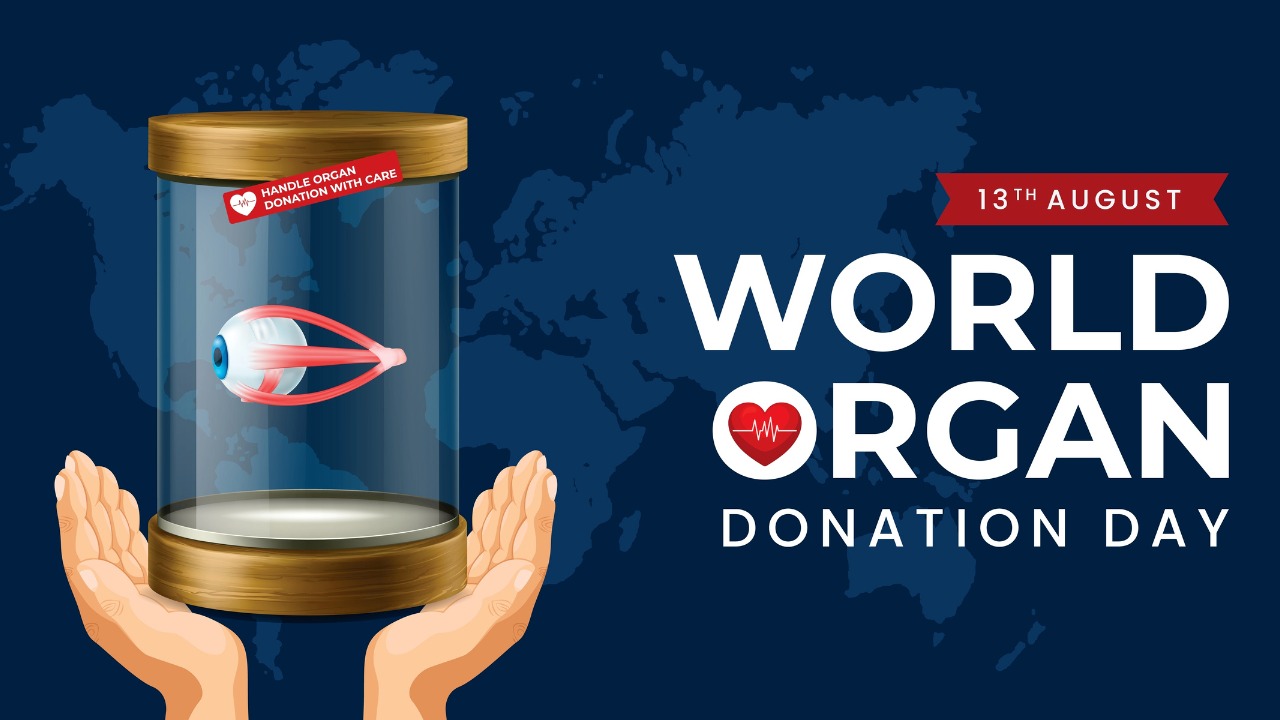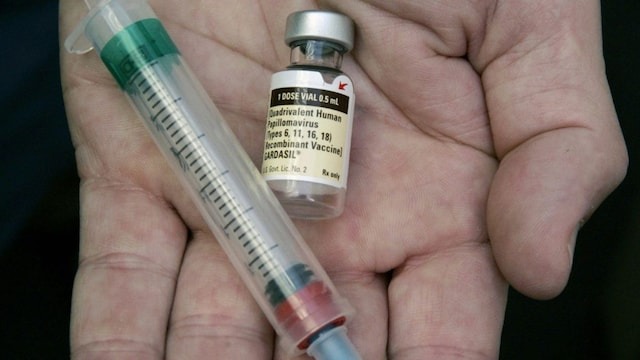
World Organ Donation Day : Organ donation is no less than a great donation. A person can be given a new life by donating organs. Many people lose their lives at a young age due to organ damage or organ failure. World Organ Donation Day is celebrated every year on 13 August all over the world. The purpose of this day is to spread awareness among people about organ donation. Also, they are encouraged to register for organ donation so that they can be included in the list of organ donors.
But even today we see that an important topic is ignored. We talk about increasing awareness about organ donation among people, but are never able to talk openly about it in our family. The importance of conversation among family cannot be underestimated. Understanding and sharing the choice of organ donation in difficult times can have a profound impact on both individuals and their families. To get better information on why it is important to discuss organ donation among families and how you can start it, we spoke to Dr. Puneet Singla, a well-known doctor of Marengo Asia Hospitals , who is the Director of the Department of Liver Transplant and GI Surgery at the hospital. In this article, we are sharing with you the important information given by him...
Why is it important to discuss this with family and loved ones?
According to Dr. Puneet, many lives can be saved with the help of organ donation. It is very important to talk openly about organ donation with your loved ones. Because when a family is already deeply saddened by the situation of giving up a loved one, it becomes even more difficult for them to decide on organ donation. By discussing such topics in advance, families can ensure that their decisions are in line with the wishes of the deceased person. This helps to lighten the burden during an emotionally sensitive time.

World Organ Donation Day
need it in India
In India, there is a huge gap between the number of organs needed and the number of organs available for transplant. India has an extremely low rate of deceased organ donation at 0.26 per million population. This low rate significantly results in the annual deaths of 500,000 people who fail to receive the organs they need. This disparity highlights the dire need for a larger number of organ donors. It also underlines the importance of discussing with family members about their wishes to donate organs.
How to start a discussion
According to Dr. Puneet, starting a discussion about organ donation can feel very difficult, but it doesn't have to be uncomfortable. Below are some steps that can make it easier to start this important discussion:
1. Choose the right time and the right place
Find a quiet, private place where everyone feels comfortable. It's best to have this discussion when everyone is completely relaxed and free of other stressful thoughts.
2. Share personal opinions
Start the conversation by sharing your personal opinion on why organ donation is important. This can make the discussion easier to handle and encourage other people to share their own opinions.

World Organ Donation Day 2024
3. Share important information
Many people are not well aware of organ donation. They may have misconceptions about it. In such a situation, provide them with the correct information. Tell them how organ donation works, how many types of organ donation are there, and what kind of impact it can have. Emphasize that donating organs is a personal decision and every person's views should be respected.
4. Negotiate the choice
Ask family members about their preferences regarding organ donation. Make sure everyone understands that their wishes will be respected. Encourage open communication about any concerns or questions they may have.
5. Prepare the document
After everyone has had a chance to share their opinions, make sure their choices are documented. Organ donation decisions can be registered through various authorized registries, which exist specifically for different regions in India. Make sure all family members are aware of these records.
6. Discuss again every now and then
Circumstances and a person's feelings can change over time, so it's important to revisit the topic at regular intervals. This helps ensure that each person's wishes are up to date and that the family is fully aware of their wishes.
Resolve concerns
It is normal for individuals to be concerned or have doubts about organ donation. Some people may be concerned about the ethical aspects of it, or feel uneasy about the process. Address these concerns with sensitivity. Provide resources to provide more information. Try to explain any misconceptions they may have. Information from others who have gone through the process can help allay fears.
The role of a healthcare expert
Healthcare experts are there to help you through the entire process. If you have any questions about organ donation, contacting a doctor or specialist can provide guidance and answers to questions. This can help you make an informed decision. In India, the National Organ and Tissue Transplant Society (NOTTO) has an easy registration process. It also provides information about other resources you may need to know about.
The impact of your decision
Discussing and documenting your wishes for organ donation can make a huge difference in the lives of potential organ recipients while providing clarity and peace to family members. This proactive approach ensures that decisions are respected and that loved ones are not forced to make difficult decisions while grieving.
Openly discussing organ donation and enabling families to have these conversations can set a good example for others, and ensure that a person's wishes are respected and families are supported during this difficult time. Prioritizing these conversations can lead to compassionate and informed decision-making.

 Desk
Desk Share
Share






